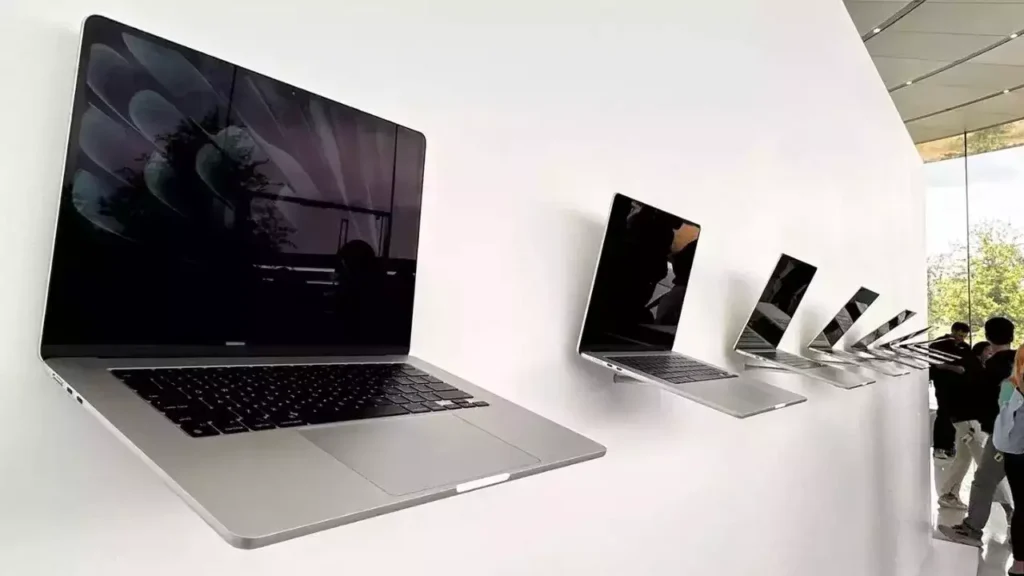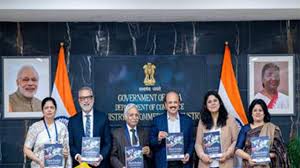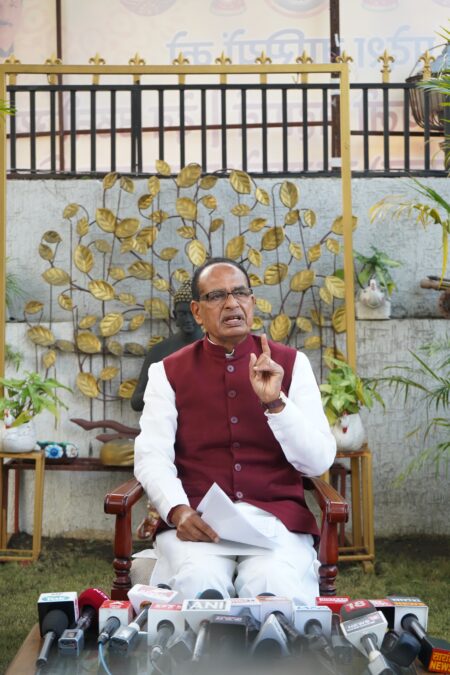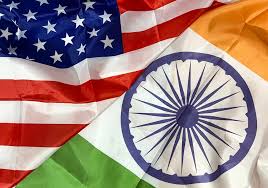India plans to impose import limits on laptops, tablets, and PCs from January, pushing companies like Apple to boost local production, affecting a $10 billion industry.

India is set to restrict the import of laptops, tablets, and personal computers starting January 2024, as part of a broader effort to encourage domestic manufacturing by global tech giants like Apple. Companies will be required to obtain prior permits under a new import authorisation system being developed by the Ministry of Electronics and Information Technology (MeitY).
The move, if implemented, could disrupt India’s IT hardware market, valued at $8–10 billion, which is heavily dependent on imports, with nearly two-thirds of the demand being met through foreign manufacturers like HP, Dell, Lenovo, and Samsung. The majority of imports come from China, although local production accounts for about $5 billion of the market.
Last year, a similar import restriction plan was withdrawn following opposition from businesses and lobbying by the U.S. government. Since then, India has been monitoring imports under a temporary system, which is set to expire by the end of this year. The government has requested that companies apply for new import approvals for 2024, believing it has given the industry ample time to adjust.
The proposed restrictions may be delayed by a few months, as New Delhi plans to hold consultations with all stakeholders starting next week. The government is also considering enforcing minimum quality standards under its ‘compulsory registration order’ for laptops, notebooks, and tablets, aiming to eliminate low-quality devices.
India’s focus on increasing local production has been bolstered by its Production Linked Incentive (PLI) scheme, which has attracted participation from global brands like Acer, Dell, HP, and Lenovo. Domestic manufacturers like Dixon Technologies stand to benefit, with Dixon aiming to supply 15 percent of India’s total demand.
India has been emphasising the need for “trusted sources” in electronics amid rising concerns over cyberattacks and data security. This follows Prime Minister Narendra Modi’s call for reducing dependence on foreign technology for communication infrastructure.
The new import management system is expected to be a key policy move to achieve these goals, driving a shift towards local manufacturing while safeguarding critical industries.











